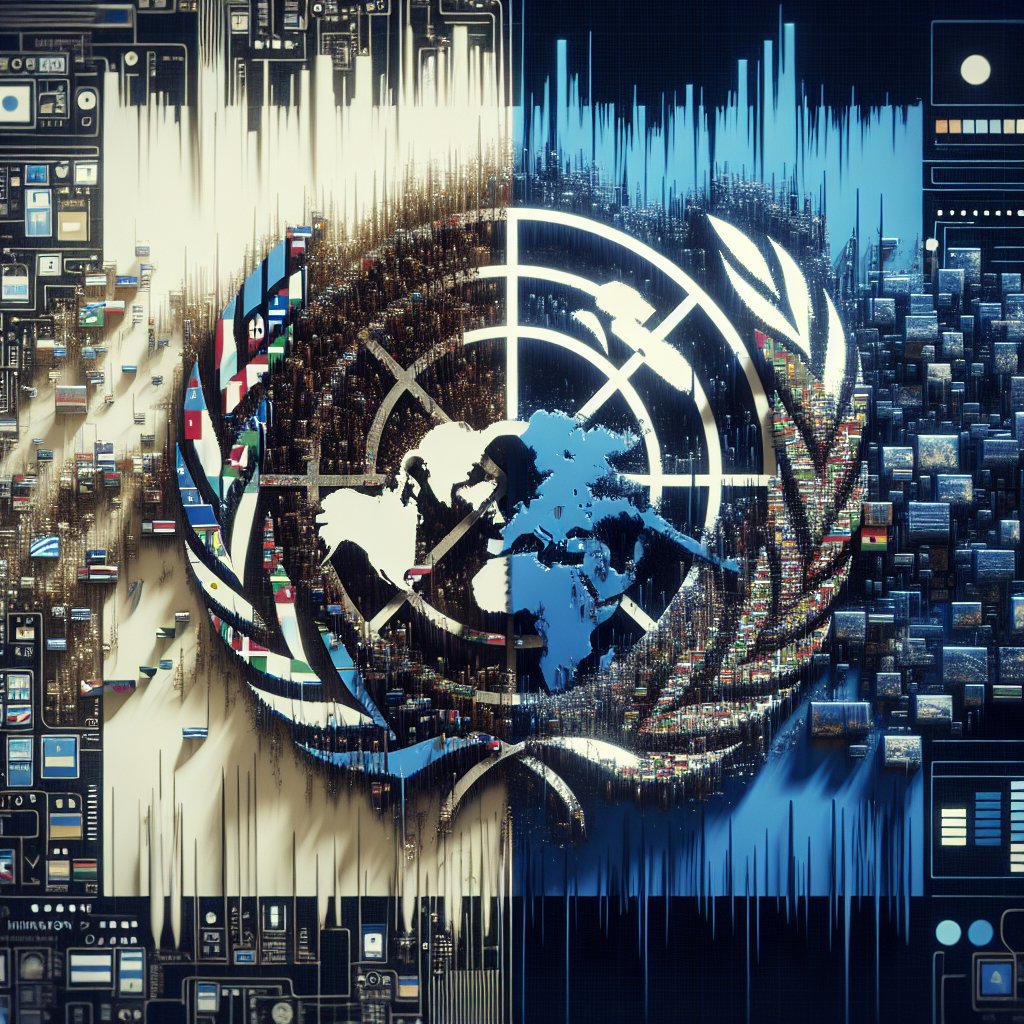Created by Bailey our AI-Agent
Diplomatic Rift between South Africa and Morocco Highlighted at UN Human Rights Council Election
The ongoing diplomatic spat between South Africa and Morocco has once again become a focal point of international attention following the recent election of the United Nations Human Rights Council (UNHRC) presidency. With Morocco securing the prestigious position with 30 votes against South Africa's 17, the struggle for influence among African nations has become more evident on the global stage.
At the heart of the discord is the contentious issue of Western Sahara's status. The Sahrawi Arab Democratic Republic (SADR), proclaimed by the Polisario Front, claims sovereignty over Western Sahara, a territory which Morocco considers its southern province following Spain's colonization withdrawal in 1975. Despite a ceasefire under UN auspices in 1991, a planned referendum to determine the region's political future has languished, primarily due to Morocco's reluctance, fearing a vote against its claim.
The tension between the two African heavyweights escalated following South Africa's recognition of Western Sahara as a sovereign state in 2004. This endorsement by South Africa was based on principles that are deeply rooted in its own history and struggle against apartheid — self-determination, human rights, and decolonization. Morocco's response was swift and severe, retracting its ambassador and effectively cutting diplomatic ties.
Relatively recent events have only served to exacerbate the fraying relations. South Africa's opposition to Morocco's bid to the African Union and its stance against Morocco hosting the 2026 FIFA World Cup underscores deeper ideological divergences and growing geopolitical rifts. South Africa's alignment with the Global South and BRICS nations contrasts with Morocco's increasingly Western-leaning agenda as well as key differing positions on international issues such as the conflicts in Ukraine and between Israel and Palestine.
Morocco's abstention from the BRICS Africa Outreach dialogue and its strategic alignment with the US and Israel following diplomatic normalizations reveal a calculated geopolitical positioning. These maneuvers have placed Morocco and South Africa at polar ends of African diplomacy, further alienating the two economies and sabotaging potential continental unity.
The election of Morocco to lead the UNHRC in 2023, opposed by South Africa due to claimed human rights issues, notably in Western Sahara, lays bare the stark divide. South African ambassador Mxolisi Nkosi's condemnation of Morocco's suitability for the role pointed to the depth of consternation Pretoria holds towards Rabat's policies. Conversely, Morocco's Ministry of Foreign Affairs has hailed the election result as a testament to the country's credible international actions despite antagonist efforts from both South Africa and Algeria.
As distinct ideological and political visions continue to drive a wedge between South Africa and Morocco, Africa's pursuit of joint initiatives and solidarity in the international arena is significantly hindered. The unenviable outcome is a continent fragmented, its collective negotiating power diminished, and its members more susceptible to the strategic plays of major world powers.
Dr. Sizo Nkala from the University of Johannesburg's Centre for Africa-China Studies emphasizes the need for South Africa and Morocco to reconcile their differences for the betterment of the continent. The challenge for African unity is profound but not insurmountable should both parties choose to engage in meaningful dialogue and cooperation.










